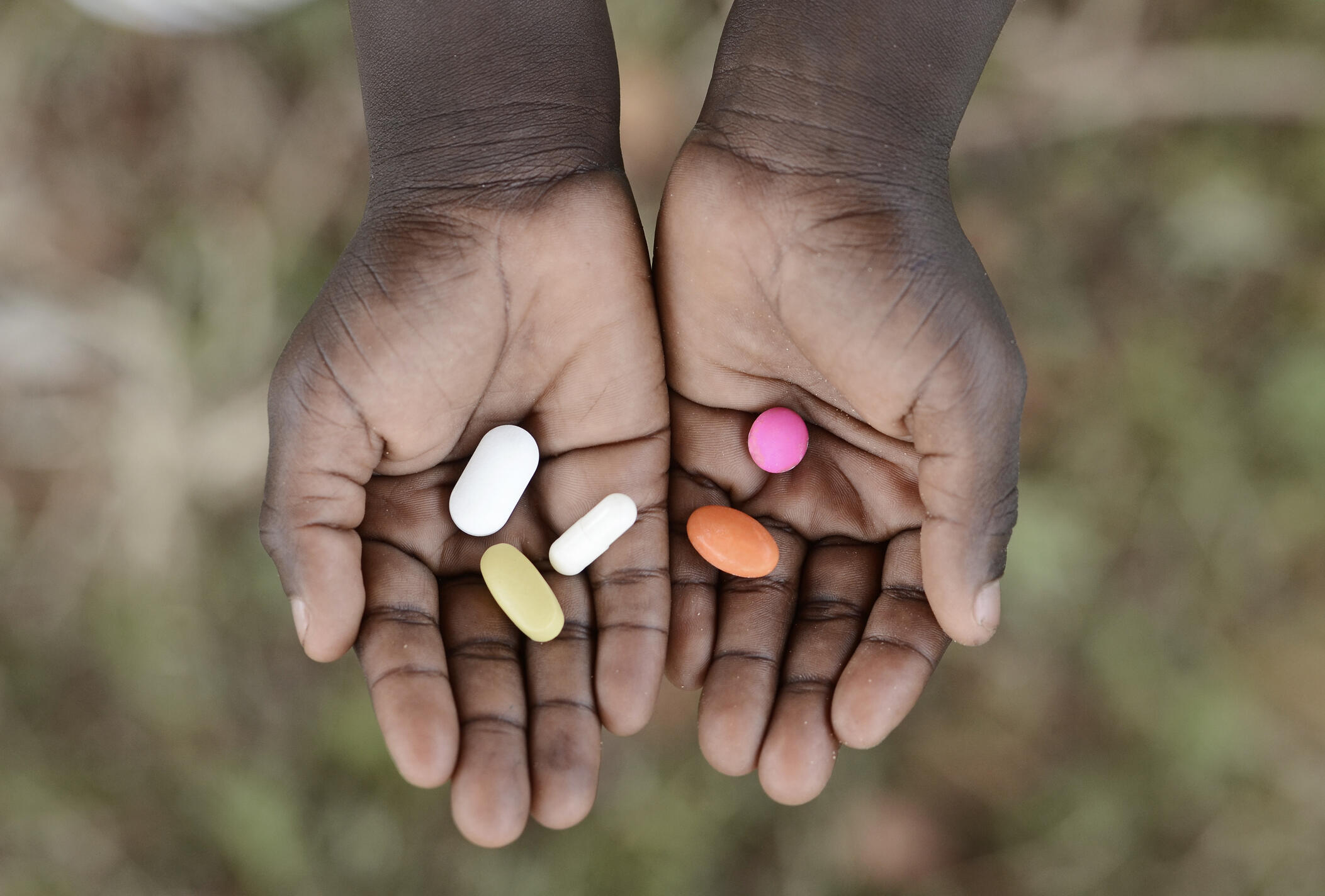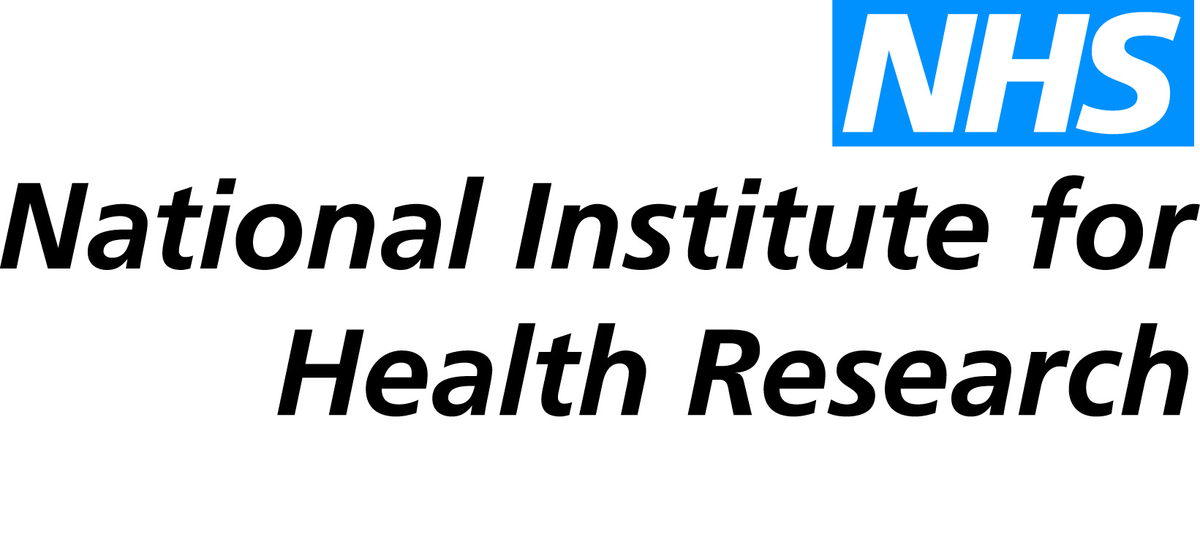
LSTM has been awarded £11 million by the National Institute for Health Research (NIHR) as part of their latest UK-wide call for funding into Global Health Research Units.
The money has been awarded to establish one new research unit and two research groups, and will build on the expertise of LSTM in delivering excellence in research to benefit some of the world’s poorest communities. LSTM’s Director, Professor Janet Hemingway, said: “I am delighted that we have been awarded funds to set up this new research unit and research groups, all of which play to the long-established strengths of LSTM in delivering world class science, and translating that into meaningful interventions to benefit the health of people who need it most. Our success in this round of applications speaks to the increased relevance of LSTM in the field of global health and to our ability to work with in-country networks ensuring our work has a meaningful impact on the ground."

£7 million has been awarded to establish a new Global Health Research Unit in applied research on lung health and tuberculosis that aims to improve the health of children and adults in Africa through multi-disciplinary applied health research.
Directed by Professor Bertie Squire, the Unit will utilise five disciplines: clinical and public health science; health economics; applied social science; health systems and policy, which are brought together at LSTM through the Collaboration for Applied Health Research and Delivery (CAHRD). In line with the CAHRD mission to transform health systems to improve health in low and middle income countries, the Unit will work in collaboration with senior investigators in 11 countries: Sudan, Ethiopia, Uganda, Kenya, Tanzania, Malawi, South Africa, Cameroon, Ghana, Gambia and Nigeria and in partnership with multiple international respiratory societies, organisations and health policy research consortia.
£2 million has been awarded to fund a group researching African snakebite. Led by LSTM’s Dr Robert Harrison, it brings together African, UK, Asian and Australian expertise in snake venom therapy and biology, pharmacology, epidemiology, health economics and diagnostics development to establish regional hubs with snakebite expertise in institutes in Nigeria, Cameroon and Kenya. These Snakebite Research & Intervention Centres aim to establish independent, pre-clinical, antivenom-efficacy testing facilities, develop new clinical and diagnostic tools to improve snakebite treatment outcomes and, by surveying hospitals and communities, better understand the snakebite burden of disease identify therapeutic gaps. These activities will provide evidence helping the development of national and regional policies to improve snakebite management.
£2 million has been awarded to fund a group on prevention and management of non-communicable diseases and HIV-infection in Africa. HIV, diabetes and hypertension are major determinants of the rising burden of communicable and non-communicable diseases in Africa, and their care is one of Africa’s biggest health challenge. This group, led by Professor Shabbar Jaffar at LSTM, Dr Dayoki Mfinanga at the Tanzania National Institute of Medical Research, and Professor Moffat Nyirenda at MRC/UVRI Uganda Research Unit will build a programme of research to look at the best approaches to prevent and manage these conditions. The group will develop and strengthen capacity in research, and conduct pilot studies to assess how diagnostics and treatment services for these conditions can be integrated at health facilities and how patients can be best supported.
The purpose of the initiative from the NIHR is to support world-class global health research undertaken through these new units Research Units and Groups that will deliver measurable benefits to patients and the public in low and middle income-income countries. Awards of up to £7 million were available for the formation of Units and £2 million for Groups. Projects were selected for their vision and strategy, strength of leadership and the track record of the research team.
Further details on the 3 sucessful projects can be found here.